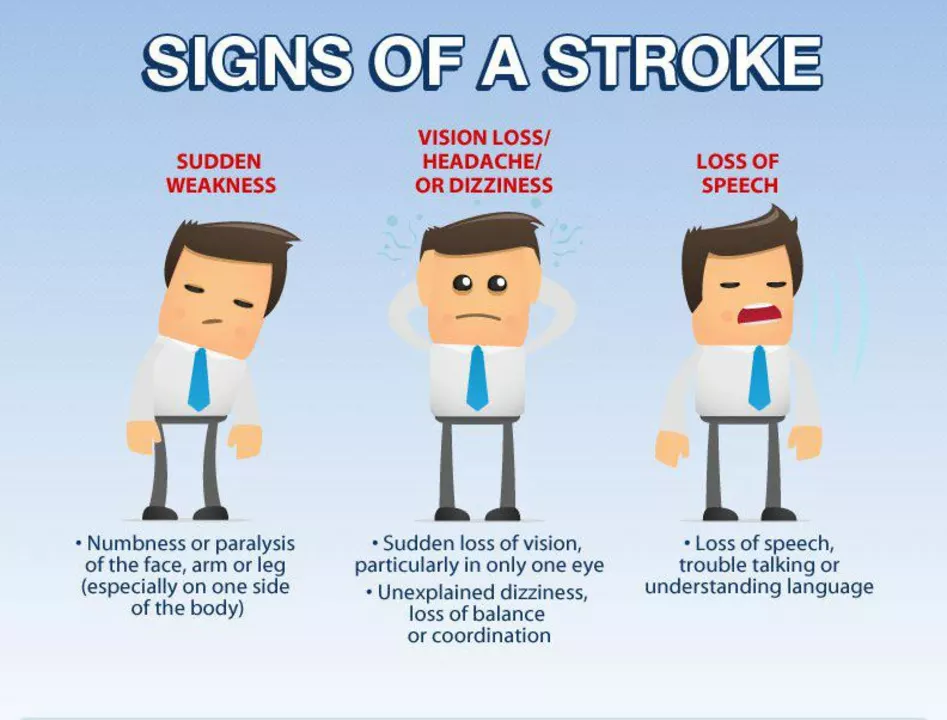Coordination: How to Manage Your Meds, Providers & Pharmacy
Keeping medicines, doctors, and pharmacies in sync makes life easier and keeps you safer. If you take more than one drug, see several specialists, or order meds online, small coordination habits prevent big problems like dangerous interactions, missed refills, and duplicate prescriptions.
Simple steps to start coordinating today
Make a single, up-to-date medication list. Write the name, dose, how often, why you take it, and who prescribed it. Keep this on your phone and a printed copy in your wallet. Bring it to every appointment and every pharmacy visit.
Tell each provider about every medicine and supplement you take. Don’t assume doctors talk to each other. A cardiologist won’t always see notes from your dermatologist unless you tell them. Say it out loud: prescription drugs, over-the-counter pills, vitamins, and herbal supplements.
Use one main pharmacy whenever possible. When all prescriptions go to the same place, the pharmacist can spot interactions and recommend cheaper or safer options. If you use an online pharmacy, share that info with your regular pharmacist so they can advise on brand differences and shipping timelines.
Set refill reminders and sync schedules. Ask your prescriber if meds can be aligned so you refill several at once. Use calendar alerts or a pill app that notifies you when refills are due. This reduces gaps in treatment and saves pharmacy trips.
Tools and habits that actually help
Pill organizers and blister packs lower the day-to-day hassle. For people on complex regimens, consider pharmacy-prepared multi-dose packs — they show what to take and when. If swallowing many pills is hard, talk to your prescriber about alternative formulations.
Try simple tech: a photo of your pill bottles, a note app with dosages, or a dedicated med app that stores your list, reminders, and prescriber contacts. Many apps let you export your list to share with a new doctor or caregiver.
Ask for medication reconciliation at every hospital visit. Hospitals often change meds during stays; reconciliation makes sure your home medicines and hospital medicines don’t conflict when you leave. Always review discharge instructions and ask what changed and why.
Be proactive about interactions and side effects. If a new symptom starts after a med change, contact the prescriber or pharmacist right away. Keep track of side effects in simple notes — timing, severity, and what helps — so your doctor can adjust treatment faster.
Finally, keep an emergency plan. Store a concise med summary in your phone and share it with a trusted family member or caregiver. In an emergency, quick access to your med list can guide life-saving decisions.
Coordination isn’t one big fix — it’s a few reliable habits. Keep your list current, centralize your pharmacy, use tech for reminders, and speak up at every visit. Those small steps cut mistakes and give you more control over your treatment.
